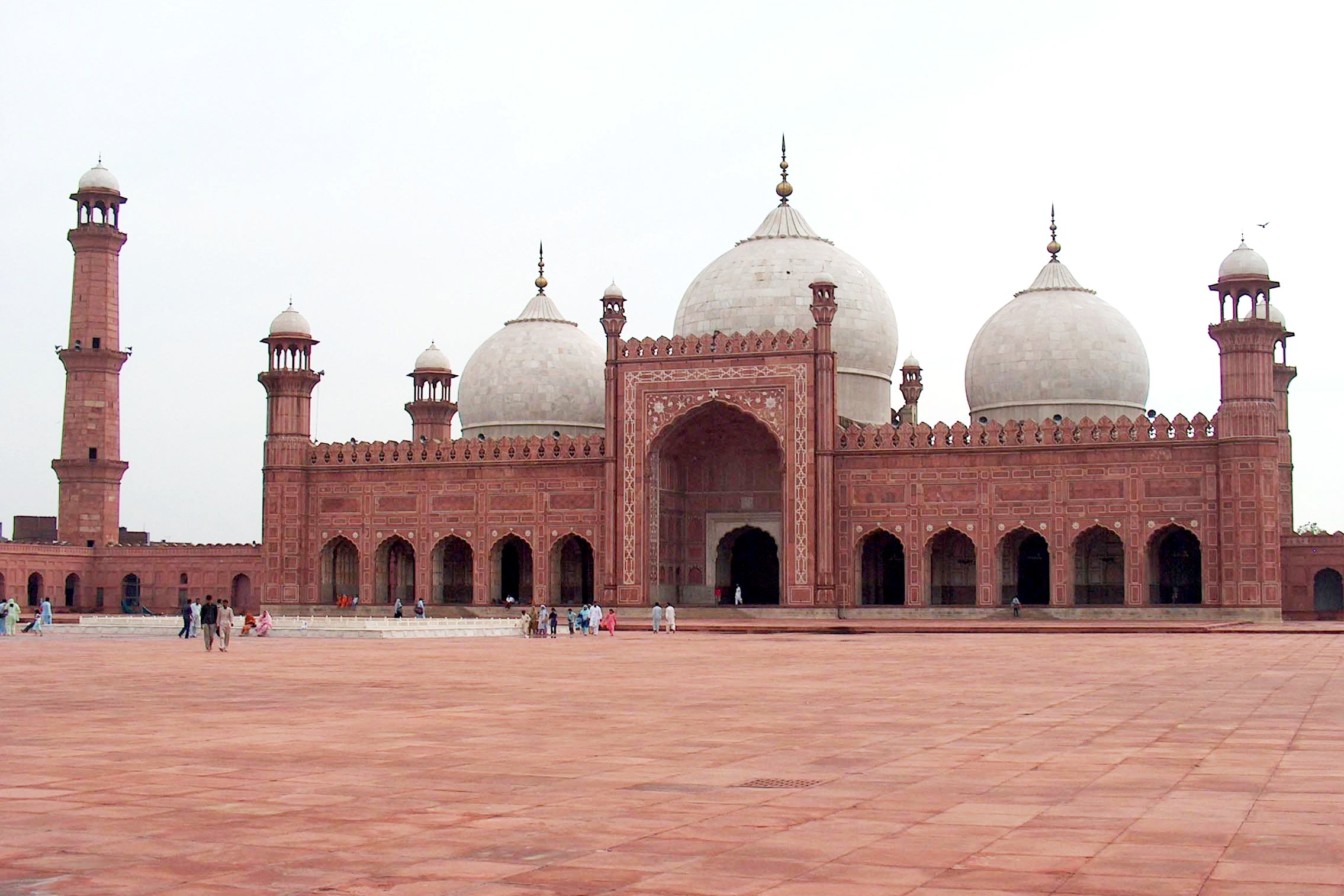9 Apr 2010

If you visit Pakistan, hang around some people remotely in touch with the news (which is everybody by the way, thanks to the scores of news channels that pop up everyday), you’ll probably hear at least once, the debate about whether Pakistan was to be an Islamic State, or a state for Muslims.
The question persists, no answer awaits. Not soon anyway.
Even the recent 18th Amendment, heavily undoing military additions to the constitution, does not dare touch with the Islamization of the Republic and the Constitution under ill fated General Zia.
People will say that Jinnah wanted to create a Britain away from Britain, his first line to the preamble being along the lines of “this is a secular state” (Some will laugh hysterically at this statement, saying that defeats the entire purpose of Pakistan. Not really, but sure.). Well that didn’t end up happening. Unfortunately I wasn’t around then and history textbooks are only so accurate. My knowledge ends there. Others will point to the white strip on the national flag, meant to represent the non Muslim minority. A few might argue Pakistan was created as a safe haven from religious persecution, not to institutionalization more of it. You might hear one of them, you might hear all of them.
With all that’s going on though, they remain arguments, thoughts, philosophy.
But Bangladesh’s recent banning of the use of religion by political parties will give Pakistan some new food for thought. Pakistanis’ love for both food and thought being greater than love for action, some of it is bound to happen.
I just found out about the new law in Bangladesh in a blog post I had open somewhere in my many open Firefox tabs. It’s called Kashifiat’s Blog, written by Dr Khalil Ahmed. It certainly got me thinking.
Little is likely to happen very soon, but people are on the move for greater human rights all over. And human rights movements don’t discriminate (not even in Pakistan). The War is another sign. It questions our relationship with religion, and has made people think all over the country. Through the power cuts, through the protests, through the bombings and through the breaking news, people slip in chatter about faith, extremism, rights and wrong. Religious TV shows, an off hand conversation over cigarettes or Coke (or both, with more food), or on the web. What results is a separate question, but talk at least, is in the air.


